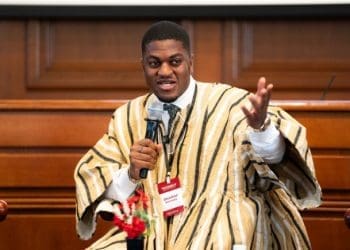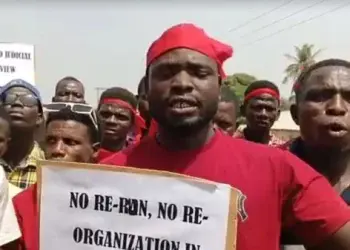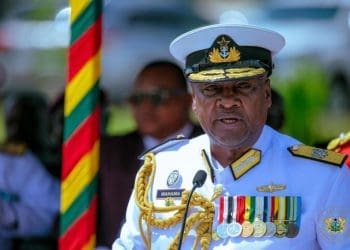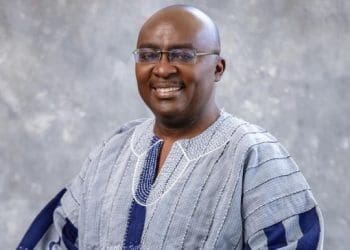Former President Nana Addo Dankwa Akufo-Addo has admitted that Ghana’s debt restructuring under the G20 Common Framework was one of the darkest and most painful episodes of his presidency, saying it left deep scars on citizens and the economy despite offering temporary relief.
Speaking at the AU-EU High-Level Seminar in Brussels on Thursday, October 2, 2025, the former President reflected on the turmoil the country endured during the debt crisis, describing the experience as a moment that “still deeply troubles” him.
“I witnessed the suffocating grip of debt on our economy and on our citizens. This deeply troubled me and still does,” Akufo-Addo told African and European leaders ahead of the AU-EU Summit.
He recalled that Ghana’s decision to adopt the Common Framework in 2023 came at a heavy cost.
The drawn-out negotiations, he said, were messy, sequential rather than simultaneous, and left uncertainty hanging over the country for months.
“The process was sequential, not simultaneous. It prolonged uncertainty. It eroded investor confidence. And it inflicted a heavy cost at home that was a dark cloud moment for me as President,” he confessed.
Ordinary citizens bore the brunt
Beyond the numbers, Akufo-Addo said the most heartbreaking aspect of the restructuring was its toll on ordinary Ghanaians. Domestic bondholders—pensioners, small investors, and young professionals—were hardest hit, losing their savings and investments as part of the restructuring exercise.
“These were people whose lives and livelihoods were shattered in the process,” he lamented.
In 2023, Ghana restructured $13 billion worth of Eurobonds and secured $10.5 billion in external debt service relief through 2026. The deal helped bring the country’s debt-to-GDP ratio down from the mid-80s to 70.5%, restored some investor confidence, and anchored an IMF-supported programme.
But Akufo-Addo stressed that behind the macroeconomic gains lay “immense human pain.”
A continent under debt pressure
Turning to Africa’s broader debt challenges, the former President argued that the continent’s staggering $1 trillion debt burden reflects a global financial system designed “not to free us, but to bind us.”
He noted that more than 30 African countries now spend more on debt servicing than on public health.
“Every dollar diverted to creditors is a dollar taken from a hospital, from a child’s vaccination, from a community’s future. This is not economics, it is inequity,” he told the gathering.
Call for bold reforms
Akufo-Addo renewed his call for bold reforms of the international financial system, urging immediate debt service suspension, comprehensive restructuring, and new concessional financing.
He emphasised that debt relief for Africa should not be misconstrued as an act of generosity. “Debt relief for Africa is not an act of generosity. It is an act of justice,” he declared.
The former President proposed linking debt cancellation to climate resilience through a “Debt Relief for Green Investment and Resilience” framework.
He argued that although Africa contributes less than 4 per cent of global emissions, the continent remains among the hardest hit by climate shocks. Reparations for climate damages, he said, run into trillions of dollars.
“To our European partners, I say this: hear the voice of your neighbouring continent. Stand with the AU and South Africa’s G20 Presidency to advance ambitious reform of the Common Framework,” Akufo-Addo pleaded.
Local reforms and global responsibility
While acknowledging Africa’s responsibility to strengthen governance, diversify economies, and fully leverage the African Continental Free Trade Area (AfCFTA), Akufo-Addo warned that domestic reforms would be undermined unless the global system is also restructured.
“Without global reforms, even the most courageous local changes will be undone by predatory lending and punitive trade terms,” he cautioned.
He concluded with an appeal for solidarity between Africa and Europe, insisting that the sacrifices made today could bring shared prosperity tomorrow.
“The sacrifices we make today, the compromises, the collaborations we engage in today can only inure to the benefit of our world. When Africa rises free from the weight of debt, the whole world rises with it,” he said.












